Not unlike many of the other 21 countries in which we work, parents living in poverty in Bolivia are struggling to support their families while they are out of work. Many of Bolivia’s citizens live off of what they can sell daily in their communities, the COVID-19 lockdown has meant a lack of income — and an inability to buy vital resources for their children.
Many of Bolivia’s citizens live off of what they can sell daily in their communities, the COVID-19 lockdown has meant a lack of income — and an inability to buy vital resources for their children.
Thankfully, our COVID-19 Response Fund is supporting families during this time, making sure they are getting food and hygiene items on a regular basis while the nation patiently waits until it is safe to go back to work.
A Note from Cristo Rey Mission
We heard from our volunteer coordinator at our affiliated project, the Cristo Rey Mission, about the support our donors are providing to children and their families in our program:
“Good afternoon! I want to inform you that the Children Incorporated program is supporting children with the distribution of food and hygiene items. The situation of the pandemic in Bolivia is very complicated. Families suffer a lot because they are people with very low resources. They generally lived on what they earned from what little they sell. Now it is forbidden to go out to sell and they have nothing to subsist on.
As you can imagine the families are very grateful for the support they received. Thank you for your help!”
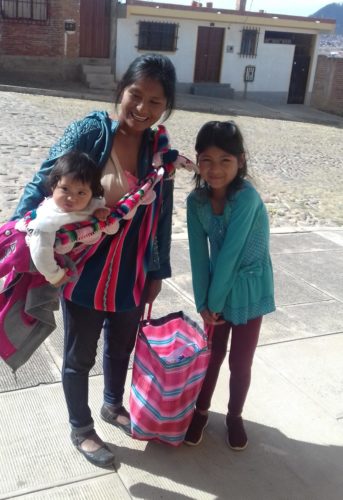
Parents of ous sponsored children in Bolivia are incredibly grateful for the support from our sponsors.
About Bolivia
The small, landlocked nation of Bolivia comprises rugged Andes Mountains and vast, high-altitude plateaus to the west (including a portion of Lake Titicaca, the largest high-altitude lake in the world) and lush, lowland plains of Amazon jungle to the east.
Despite its wealth of natural beauty and resources, Bolivia bears the scars of centuries of conflict, beginning with the Spanish conquistadors and followed by almost 200 years of wars and internal military coups. Political and economic instability have brought about considerable poverty, resulting in widespread malnutrition, crime, and disease.
Our work in Bolivia
Children Incorporated works with twelve projects in Bolivia: Colegio Don Bosco, Cristo Rey Mission, Gattorno School,Guarderia El Angel, La Inmaculada School, Lourdes School, Montero Home/School, Pedro Poveda School, Sagrado Corazon School, Santa Clotilde Home, Santa Rosa School, and Villa Emilia/San Juan.
La Inmaculada School
Sucre, Bolivia
Established in 1928, the La Inmaculada School offers support for girls from impoverished homes in Sucre. The school provides a refuge where young women can receive educational support from a caring and compassionate staff. The Children Incorporated sponsorship program also works within the community surrounding La Inmaculada School to help provide food baskets, uniforms, and other essentials to boys who attend local public schools.
Lourdes School
Santa Ana de Yacuma, Bolivia
Founded in 1950, the Lourdes School is dedicated to providing education, care, and safety for children in need in this troubled community. In a difficult world where families struggle with few employment opportunities and malnutrition is rampant among the children, the Lourdes School is vital to families’ survival.
La Recoleta School
Sucre, Bolivia
La Recoleta School has been serving Sucre’s impoverished children for more than 80 years. Many of these children live in slum conditions. Their homes often lacking running water, electricity and even the most rudimentary sanitation. Very few families in this area are able to pay for tuition or purchase school supplies. Children Incorporated works in conjunction with the La Recoleta School by assisting with tuition and basic necessities to help improve the lives of children in the area.
Montero Home/School
Okinawa, Bolivia
In 1976, the Montero Home/School was founded as a girls’ home by local religious leaders to assist children of Japanese settlers, as well as native Bolivians. Today, the school has expanded its mission, providing a safe refuge and learning center for impoverished girls and boys in the area. Some children who come to Montero Home/School have never experienced the comfort of a bed, a bath, or a nutritious meal — let alone an education. Here, children receive these basic needs, along with the opportunity to rise above the difficult socio-economic circumstances from which they have come.
Thankfully, our COVID-19 Response Fund is supporting families during this time, making sure they are getting food and hygiene items on a regular basis while the nation patiently waits until it is safe to go back to work.
Gattorno School
Sucre, Bolivia
Founded in 1882 by the Catholic Order of the Daughters of St. Anne, this prestigious school has long been a place where impoverished children of Sucre receive an education in a safe and supportive environment. The Sisters here strive to provide for the children’s immediate basic and educational needs so that students may have the opportunity to break the cycle of poverty.
Cristo Rey Mission
Sucre, Bolivia
The Cristo Rey Mission serves as a safe haven for the children in the impoverished Sucre neighborhood that surrounds it. This social service center assists children, emphasizing education and skills training. At the center, children receive the encouragement and support necessary to help them excel in school.
Colegio Don Bosco
Sucre, Bolivia
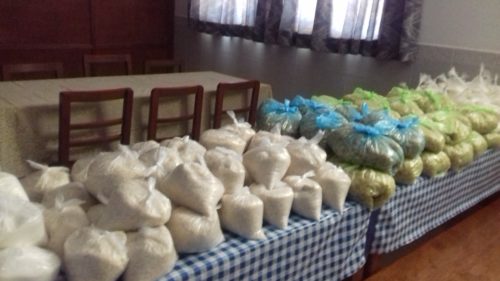
Families are receiving bags of food and hygiene items on a regular basis during the COVID-19 pandemic.
Recognized as one of Sucre’s best schools, Colegio Don Bosco serves impoverished children in this troubled region. It has been operational for over 100 years, originally as a rectory for parish priests and then as a school for orphaned boys. Today, it serves boys and a growing number of girls from both affluent and poor families. For many of the impoverished children here, Colegio Don Bosco is their only hope for a future beyond the confines of poverty. Since many of the families that send their children to Colegio Don Bosco cannot afford the yearly tuition, your Children Incorporated sponsorship is vital in covering this and other basic needs.
Villa Emilia/San Juan
Santa Cruz, Bolivia
The History of Villa Emilia starts with the remote, jungle community of San Juan de Yapacaní, which was founded in the 1950s by Japanese immigrant farmers. Here, nuns from the Order of Adoratrices founded the San Juan Mission to provide support for the local impoverished families. Eventually, the population grew beyond the capacity of available work, and many families migrated some 75 miles to Santa Cruz. There, the same Adoratrices Order established Villa Emilia to provide continued assistance to these vulnerable families. Today, children enrolled at Villa Emilia receive counseling, community support, and housing in a beautiful complex of small units. Adults also participate in skills-training and job-placement programs.
Santa Clotilde Home
Santa Cruz, Bolivia
Founded in the late 19th century, the Santa Clotilde Home has long served as a safe haven for destitute and orphaned girls of Sucre. The nuns who operate the home provide the girls with accommodations, nutritious meals, and skills training. Thanks to the nuns’ dedication and the assistance of Children Incorporated sponsors, these children now lead pleasant and wholesome lives. Their immediate basic needs are met, allowing them to pursue an education.
Thanks to the nuns’ dedication and the assistance of Children Incorporated sponsors, these children now lead pleasant and wholesome lives.
Padilla School
Padilla, Bolivia
One of the nation’s poorest regions, located about 100 miles southeast of Sucre, is the town of Padilla. Most residents must rely upon subsistence farming for survival. Illiteracy was also widespread here until 1962, when nuns of the Daughters of Mercy established the Padilla School. This school continues to serve as a safe haven where children receive nutritious meals and an education that empowers them to rise above the difficult circumstances in which they live.
Pedro Poveda School
La Paz, Bolivia
At 12,000 feet above sea level, La Paz is the highest capital city in the world. One of the city’s most impoverished areas is its slum neighborhood Villa Armonía. With no sanitation or potable water, disease and malnutrition run rampant here. Moreover, this area is located in a “black zone,” where landslides capable of demolishing several residential blocks at a time are common. The school provides them with a clean, safe environment, where students receive a well-rounded education.
Guardería El Ángel
Santa Cruz, Bolivia
Founded in 1982, the Guardería El Ángel serves as a daycare center for the impoverished children of Santa Cruz. The vast majority of these children come from single-parent homes — or at least homes where there is no responsible father in the picture. Often, working mothers have no recourse but to leave their children at home to fend for themselves all day while the mothers themselves work for pitiful wages in the city. The nuns that run Guardería El Ángel strive to provide each child with much-needed food, medical attention, education, and love.
Sagrado Corazon School
Sucre, Bolivia
Founded in 1912, the Sagrado Corazon School serves as a beacon of hope for this community. In the early 1970s, the school sought Children Incorporated’s help for a number of children who could only attend class at night because they had to work during the day to help their families. Gradually, such students have been added to the day school program thanks to the generous assistance of Children Incorporated sponsors. Children Incorporated and Sagrado Corazon School continues to pursue our mission to place education within the reach of children in this part of Sucre.
Santa Rosa School
Yotala, Bolivia
Yotala is an agricultural suburb of Sucre that is prone to drought, which not only diminishes the crop yield, but also forces families to purchase water for drinking and bathing. Many in this community are very poor. They rarely manage to grow enough food to feed their families and to sell at the market. It was founded to assist the children of Yotala’s subsistence-farming families, encouraging them to stay in school to receive the skills necessary to gain employment.
***
HOW DO I SPONSOR A CHILD IN BOLIVIA?
You can sponsor a child in Bolivia in one of three ways: call our office at 1-800-538-5381 and speak with one of our staff members; email us at sponsorship@children-inc.org; or go online to our donation portal, create an account, and search for a child in Brazil that is available for sponsorship.
SPONSOR A CHILD
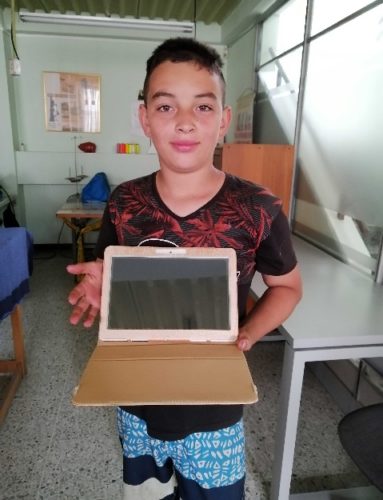

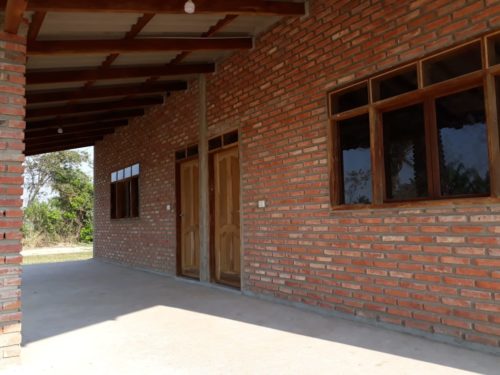
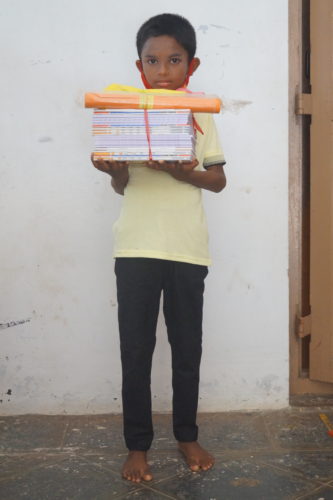
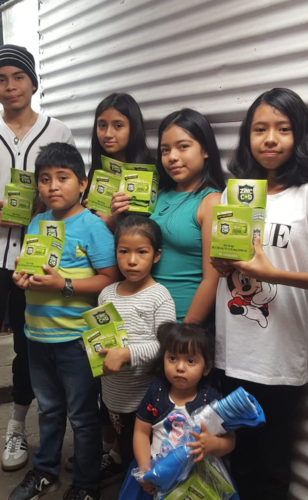
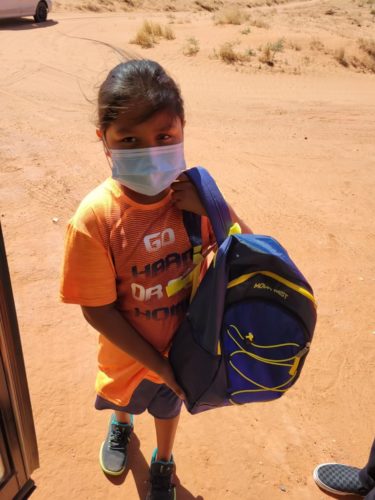
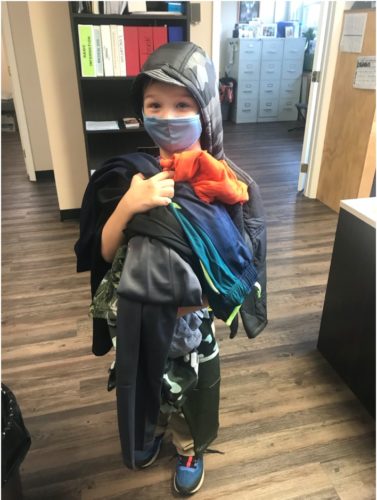
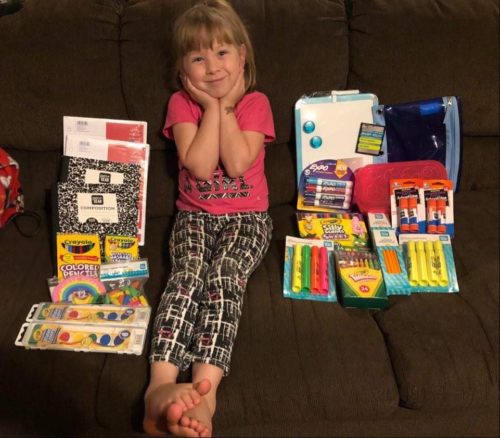
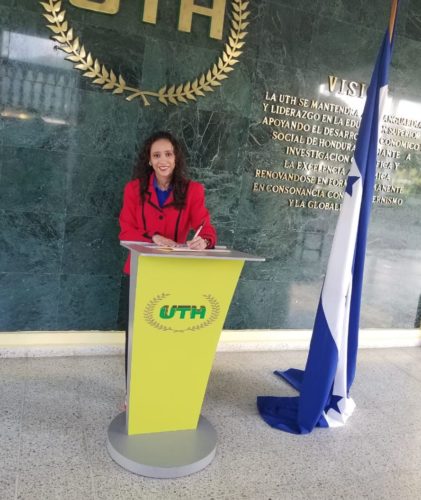


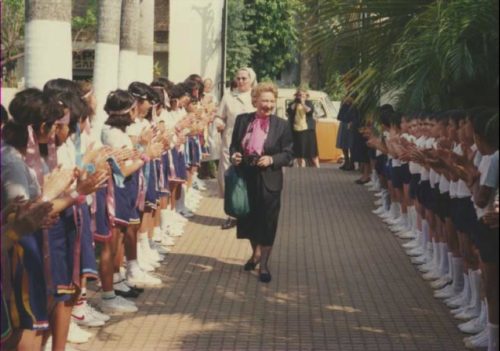
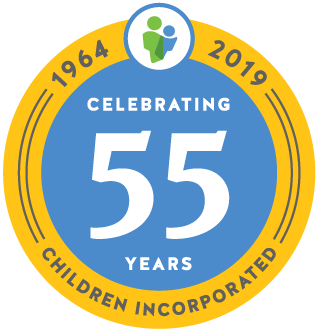 New homes now cost hundreds of thousands of dollars. Postage stamps and gallons of gasoline are each currently ten times more expensive than they were in 1964, and tickets to popular movies now run between $12 and $16 nationwide. A loaf of bread now goes for around $4.00, and Cassius Clay — later known as Mohammed Ali — passed away three years ago.
New homes now cost hundreds of thousands of dollars. Postage stamps and gallons of gasoline are each currently ten times more expensive than they were in 1964, and tickets to popular movies now run between $12 and $16 nationwide. A loaf of bread now goes for around $4.00, and Cassius Clay — later known as Mohammed Ali — passed away three years ago.